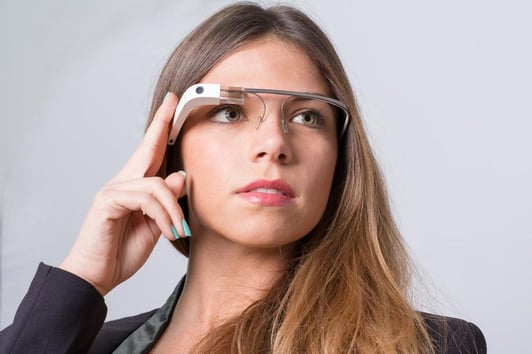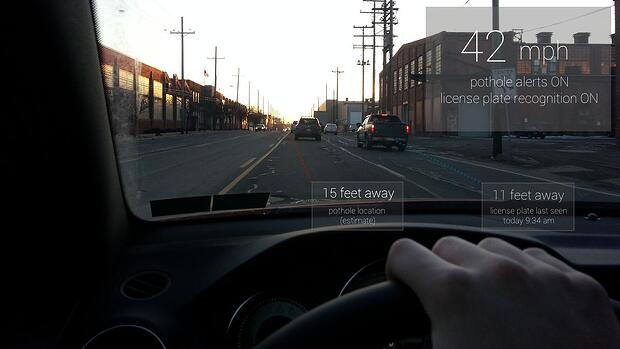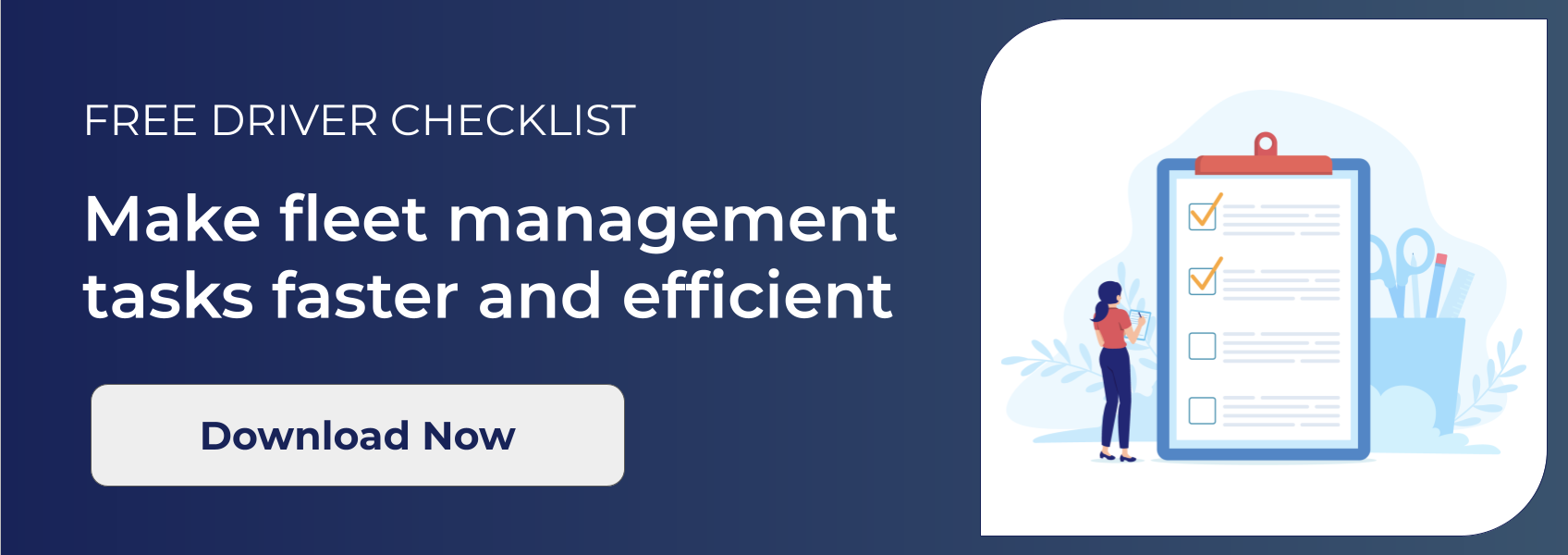The recent launch of Google Glass has opened up a whole new way to find, obtain and retrieve information. Google claim it’s a gadget for those who are on the move and want the freedom to travel light but at the same time be able to make calls, manage their diary and browse the internet. One area which Google Glass has been cited for use it as a tool for vehicle drivers, however driving with Google glasses is already behind a debate. Indeed, there are already calls for laws to be put in place in America to ban their use whilst driving and it looks likely that the UK will follow suit once the technology launches here.
What is Google Glass?
Google Glass is a headset which looks similar to a pair of glasses – but without the lenses. It was launched in America on 14 May 2014 and is set for release in the UK and Ireland at some point later this year, although there is no news yet on a date. It is a wearable computer with a display which sits in front of the eye. Google have worked in conjunction with a company to add lenses to the glasses so the wearer looks to all intents and purposes that they are wearing glasses or sunglasses. However, the wearer can see images in front of their eyes and can hear information being fed to them through the integral audio system as well as use voice commands.

How is Google Glass related to driving a vehicle?
For the purposes of driving whilst using Google Glass, it means that the wearer could be viewing information on the optical display at the same time they are concentrating on the road and this is concerning both the police and safety organisations.
What are the legal implications?
In America, lawmakers are looking to bring in rules to limit or prohibit their use whilst driving because Google Glass is now on sale and being used although Google is – understandably – opposing these considerations. The legal teams across the States feel that wearing Google Glass is a distraction – similar to having a TV screen in the front of the car – and it could lead to an increase in road accidents in the same way using a mobile phone which isn’t hands free means the driver isn’t in full control of the vehicle.
The solution it seems is for Google Glass to have a function where the system will power down when it detects the user is in a moving vehicle. However, other than the off button, this doesn’t yet exist and so bills are being introduced to completely outlaw their use because of the fact that there is distraction within the peripheral vision caused by images being displayed.
At the moment, any law enforcement authority wanting to charge a driver with dangerous driving has to prove that the headset was switched on and this is impossible. Google Glass can be worn for any amount of time whilst not in operation and it only needs a certain move of the head to switch it on. Any driver wearing Google Glass can simply say that they were not distracted from driving because the head set wasn’t activated; this has already happened in California where a driver who was given a ticket simply because she was wearing a set has had the case thrown out because there was no way of disproving her claim that it was switched off.

What about those who disagree?
Those who are opposed to the bids for new legislation feel that there are plenty of other distractions which affect the driver; looking at road signs, reading advertising billboards, having noisy children in the car and so where can the line be drawn at what is classed as a distraction and where does the brain stop at taking in peripheral information? It seems visually displayed information on Google Glass is absorbed just as quickly as that on a road sign and so would not be the sole cause of an accident.
What are the thoughts in the UK?
Whilst in the UK it is illegal to have a TV screen which is visible by the driver whilst the vehicle is in motion and mobile phones have to be hands free, there are no laws in place yet for the use of Google Glass whilst driving as they are so new to the market and not yet on sale in the UK. However, plans are being discussed as to their legality on the roads of the UK. The Department for Transport has said “We have met with Google to discuss the implications of the current law for Google Glass. Google are anxious their products do not pose a road safety risk and are currently considering options to allow the technology to be used in accordance with the law”. It seems though that the law in the UK will go in the same way as the use of mobile phones as they carry on to state “It is important that drivers give their full attention to the road when they are behind the wheel and do not behave in a way that stops them from observing what is happening on the road...We are aware of the impending rollout of Google Glass and are in discussion with the police to ensure that individuals do not use this technology while driving.”
Google fight back by stating that users who were part of the beta test group found the technology unobtrusive whilst driving and after a couple of days they did not feel that their driving skills were interrupted in any way.

What could the future outcome be?
Future technology developments could mean that the Google Glass could enhance the driving experience by providing on board data and information about the performance of the car and speeds being travelled but that is for the months and years ahead. At the moment, it is about the need to make decisions regarding safety on the roads which are seen as logical yet not knee-jerk about a technology which seems to be set to revolutionise the way we carry out a number of day to day tasks and ultimately the way we communicate.
So, what do you think? Driving with Google glasses : Good or bad idea?



